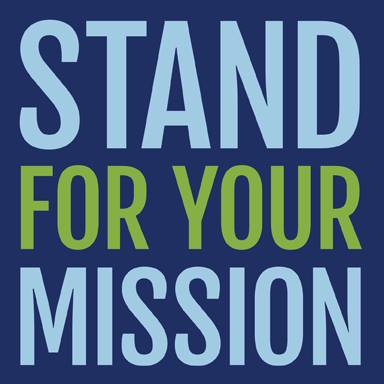All Advocacy in Action Stories
The Children's Advocacy Centers of Tennessee | Nashville, TN
The Children’s Advocacy Centers of Tennessee (CACTN) is an organization representing 52 Child Advocacy Centers (CACs) across the state of Tennessee that provide critical services to children and families experiencing abuse. However, despite all of the valuable work the CACs were doing, Tennessee’s elected officials knew or understood little, about that work. Understanding that the CAC movement needed public advocacy if it was to remain effective and relevant, the CACTN board engaged a Nashville lobbyist to help with its advocacy work and teach it how to effectively advocate for the organization’s mission. In addition to working with the lobbyist, in 2016 CACTN also established a formal advocacy/legislative committee to identify key issues pending in the state legislature or with the state’s Department of Children’s Services that could impact its CAC members. With these changes, CACTN has gone from being an unknown entity to having three state legislators attending its 2017 conference. It has also successfully impacted legislation and secured a $450,000 budget amendment providing additional state funding for each of the CACs across the state.
Treehouse | Seattle, WA
For many years, Treehouse took a traditional social service approach to achieving its mission. While those services addressed significant gaps in both the child welfare and school systems, Treehouse realized it could not improve youth outcomes through direct services alone. Advocacy was required to persuade elected officials, agency leaders, and practitioners that there was a better way for child welfare and school districts to function and collaborate so that children and youth in foster care could experience educational and life outcomes equivalent to their peers. Staff leadership worked with board leadership to form a policy and advocacy committee to lead the board in setting and achieving the organization’s advocacy goals. The committee chairs partnered with staff to provide training to the full board on allowable advocacy activities and how to advocate in person and via phone, email, and social media. As a result of these efforts, Treehouse has accomplished much in the past 15 years. Recent successes include advocating for the passage of a bill in 2015 and 2016 bill that established the legislature’s intent to make the state of Washington first in the nation for high school graduation and college enrollment and college graduation. The bill also aligned educational support services contracts with the state education agencies rather than the child welfare agency, and laid the groundwork for significant expansion of education programs for foster youth statewide.
All Stories
2019
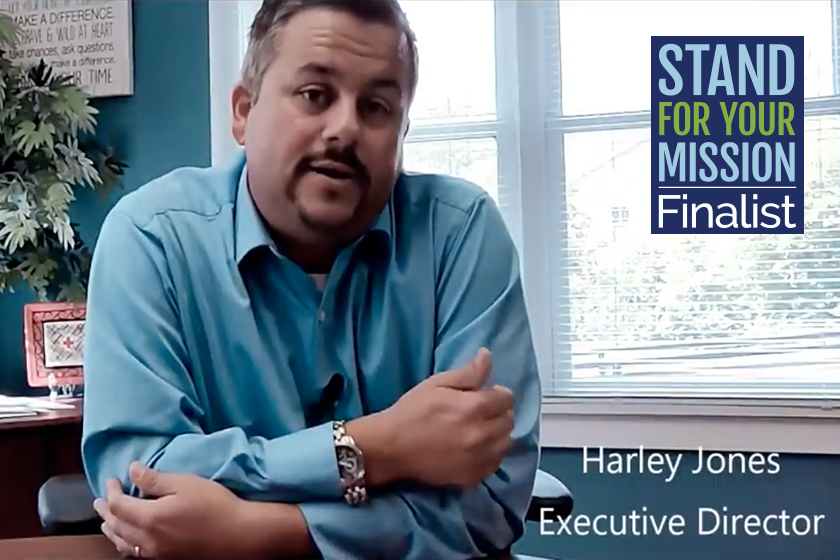
360 Youth Services | Naperville, IL
360 Youth Services was born out of advocacy in 1971 when a group of concerned parents, community members, and religious leaders began advocating for professional, youth-centered services in the Naperville/Aurora community. In addition to having board members advocating at the local, state, and federal levels, 360 Youth Services also utilizes an advisory group, composed of community and political leaders, that engages in many of the same ways as its board. As a result, 360 Youth Services has created a network that supports a strong foundation for youth, with drug and alcohol use lower than the national average. Thanks to its board and advisory council, none of 360 Youth Services’ programs have been closed due to lack of funding, even during the Illinois state fiscal crisis — a two-year budget impasse that forced many agencies to close their doors permanently.
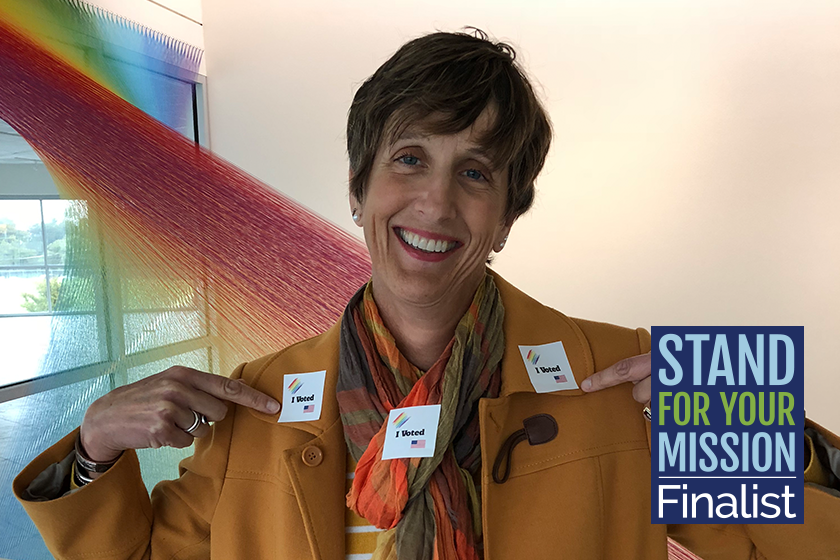
CenterLink | Fort Lauderdale, FL
CenterLink is a coalition dedicated to supporting the development of strong, sustainable LGBT community centers. Following the 2016 election, the full board was in consensus that there was never been a more important time for CenterLink to advocate for its mission. As a result, it identified and tackled two goals: (1) making CenterLink a more powerful force in mobilizing LGBT grassroots to resist incoming administration and Congressional actions, and (2) protecting government funding streams that are crucial to the largest part of the coalition’s movement infrastructure. Thanks to the growth of its Center Action Network (CAN), CenterLink has been able to effectively respond to relevant threats and opportunities. Examples of its impact can be seen in the 2,810 letters that were sent to speak out against a bill that would have allowed foster care and adoption licenses to discriminate, as well as the 2,707 comments collected when the Department of Health and Human Sciences created a new division allowing health care providers to refuse care based on moral and religious beliefs.
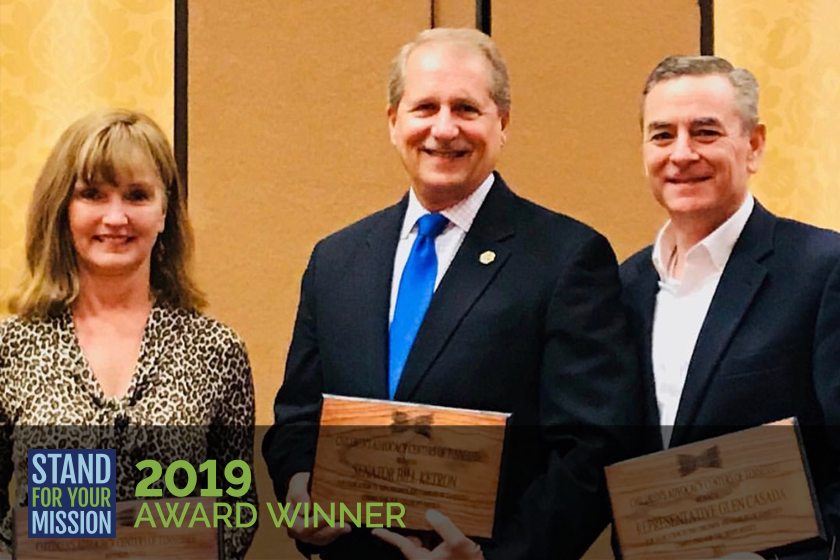
The Children’s Advocacy Centers of Tennessee | Nashville, TN
The Children’s Advocacy Centers of Tennessee (CACTN) is an organization representing 52 Child Advocacy Centers (CACs) across the state of Tennessee that provide critical services to children and families experiencing abuse. However, despite all of the valuable work the CACs were doing, Tennessee’s elected officials knew or understood little, about that work. Understanding that the CAC movement needed public advocacy if it was to remain effective and relevant, the CACTN board engaged a Nashville lobbyist to help with its advocacy work and teach it how to effectively advocate for the organization’s mission. In addition to working with the lobbyist, in 2016 CACTN also established a formal advocacy/legislative committee to identify key issues pending in the state legislature or with the state’s Department of Children’s Services that could impact its CAC members. With these changes, CACTN has gone from being an unknown entity to having three state legislators attending its 2017 conference. It has also successfully impacted legislation and secured a $450,000 budget amendment providing additional state funding for each of the CACs across the state.
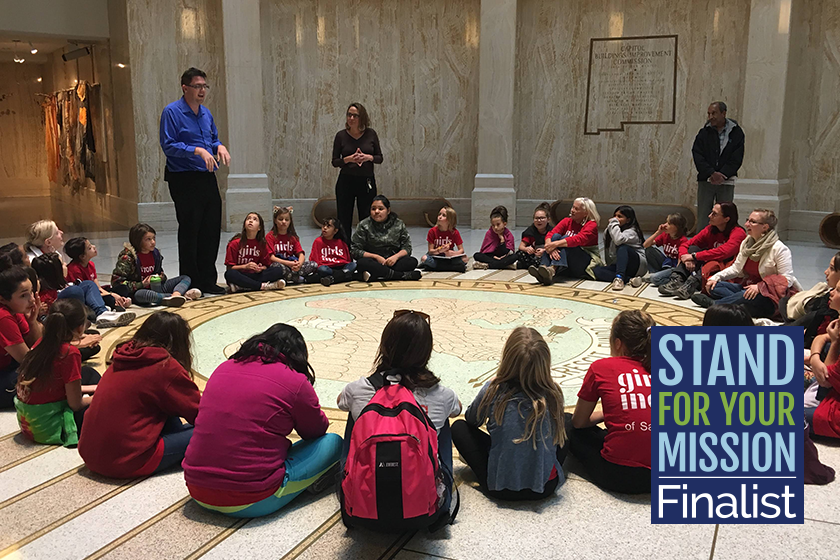
Girls Inc. of Santa Fe | Santa Fe, NM
Girls Inc. of Santa Fe (GISF) began incorporating advocacy in its strategic plan in 2017, a year after the national office did the same. As an organization that aims to help girls learn to be advocates for themselves in their own lives, GISF also incorporated its advocacy efforts into its programming. For example, in its summer program, girls have been able to talk with several women working in the advocacy arena locally about their careers and interests, including public officials, a legal advocate, a candidate, a community organizer, and a campaign manager. The teens were also able to read through a piece of proposed statewide legislation about addressing bullying in schools and craft questions for the lead lobbyist on the legislation. This strategy was so successful that it will continue to be used moving forward. And when the New Mexico legislative session was under way in February 2018, GISF had an organized policy agenda and held its first-ever GISF lobby day at the state capitol.
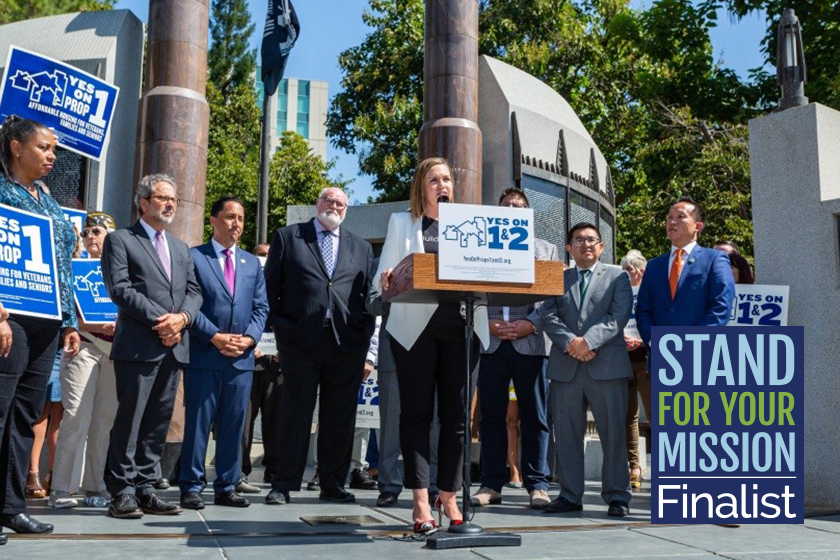
Habitat for Humanity California | Santa Ana, CA
For Habitat for Humanity affiliates in California, the need for advocacy became excruciatingly apparent in 2011, when the state’s redevelopment agencies were dissolved — without Habitat for Humanity’s input. In fact, the affiliates were never at the table when policy issues related to housing were discussed. Habitat for Humanity California was born from that need and is led by a board composed of individuals who operate Habitat for Humanity’s local affiliates. Since 2011, Habitat for Humanity California has worked with a professional firm to lobby and educate the California legislature directly, as well as develop an advocacy plan on statewide priorities; has established itself as a partner in Sacramento and a resource to legislators; and is now part of the establishment of housing advocates who develop ideas and support/oppose legislation in their agencies’ interest. Five years ago, advocacy efforts were led almost exclusively by the national Habitat for Humanity board and a few metropolitan affiliates. Now, more than 30 California Habitat affiliates are actively engaged in advocacy efforts including meeting with their state representatives and rallying support at the local level.
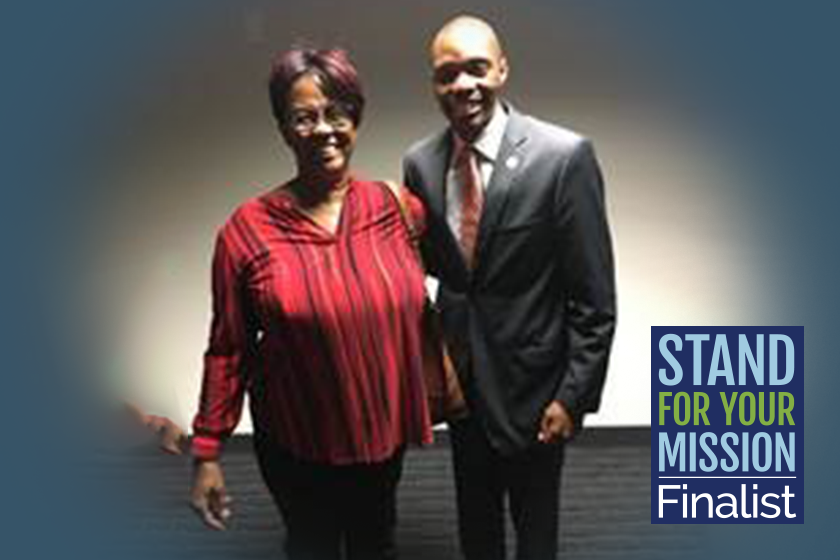
The Homeless ID Project | Phoenix, AZ
The Homeless ID Project has been in existence for 30 years, providing Arizona’s homeless with state IDs, birth certificates, and other documents for identification. This simple step is crucial to rebuilding their lives, as one cannot end their homelessness without an ID — it is required for a job or housing. The problem is that getting these documents isn’t free, and it adds up — until recently, document costs made up fully half of the organization’s expenses. However, in January of 2018, one of its board members was able to help lessen the financial burden of those costs by successfully introducing legislation in Arizona to provide a fee waiver for Arizona State IDs and driver’s licenses to homeless military veterans. Not only did it pass, but after meeting with the Arizona House and Senate Transportation Committees, the organization’s executive director and board members were encouraged to return with a more comprehensive bill, providing a fee waiver for ALL homeless individuals in the state in the 2019 legislative session.
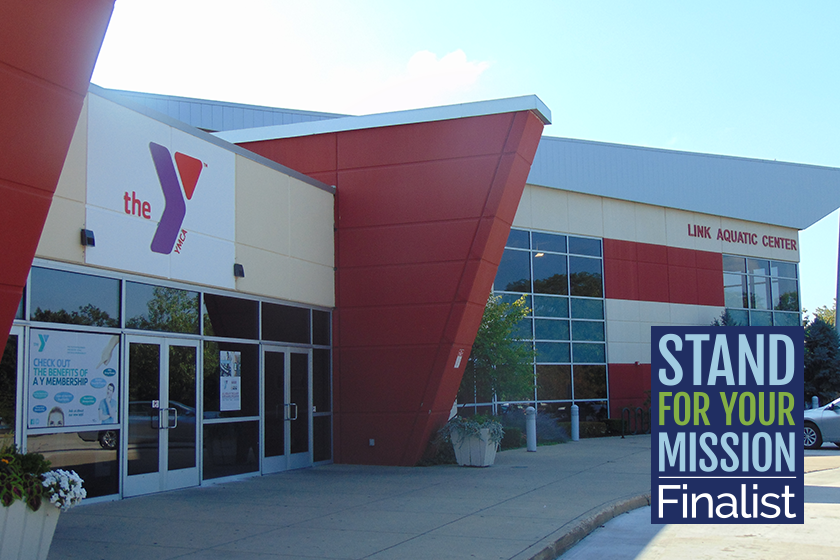
Illinois Valley YMCA | Peru, IL
The Illinois Valley YMCA decided advocacy was needed after taking stock of how few swimming opportunities there were in its community. It also recognized the need to have professional swimming lessons offered to all ages, as well as a therapy center providing warm water therapy. Given these needs, it made the most sense for the YMCA to add an extension to its current site that included a swimming pool. Unfortunately, raising funds for the new addition was far from the only obstacle the board had to navigate. The add-on would require the land to be rezoned, which drew objections from some of the surrounding neighborhoods. But by educating the public through a series of community forums and meeting with members of the city council, the Y was able to get the permits it needed and open the facility the community needed.
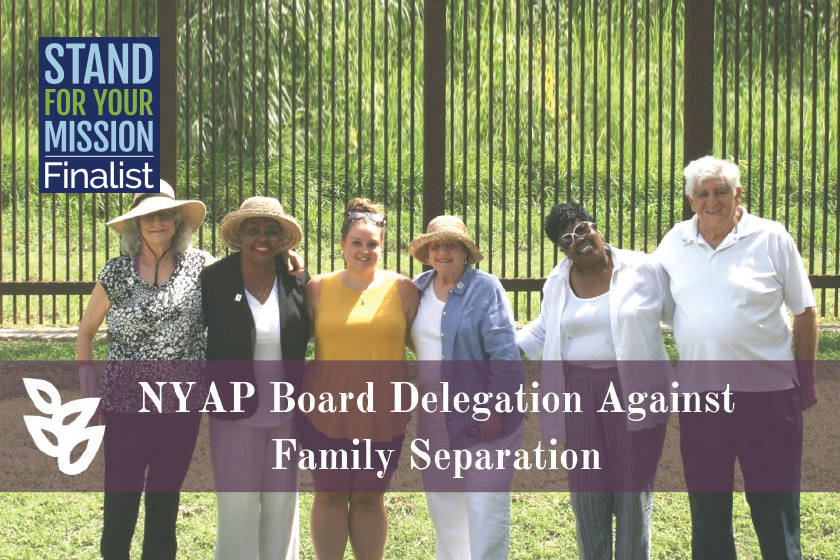
National Youth Advocate Program | Columbus, OH
Since inception, the National Youth Advocate Program (NYAP) has been driven by a belief that children deserve a place to call home and should live in family units, not shelters or institutions. During the Obama Administration, the NYAP had a board member serve as a dignitary representing the U.S. on a tour to Guatemala, El Salvador, and Honduras. Upon returning home, this person met with the administration to work alongside other delegates to develop important youth policies. Now, with a new administration in place, NYAP has embarked on a different type of advocacy, this time fighting for the parents and children separated by policies implemented by the White House and the Department of Homeland Security.
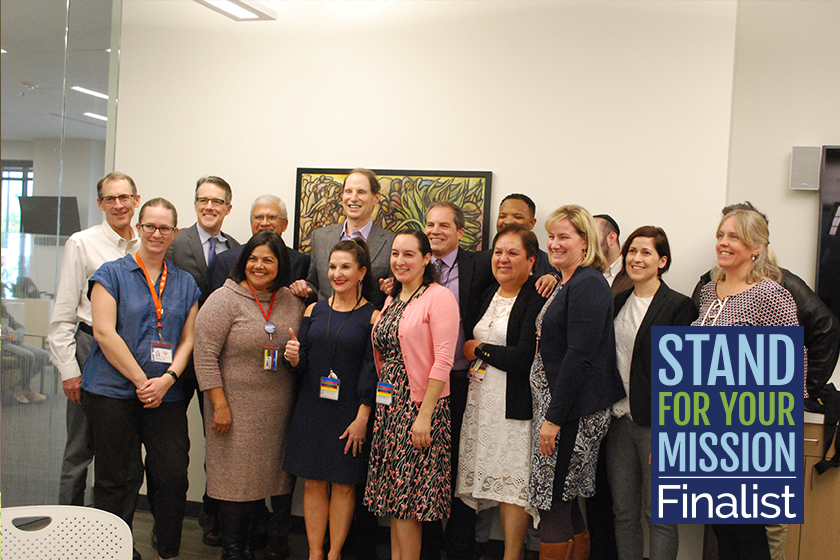
Virginia Garcia Memorial Health Center | Hillsboro, OR
In 2018, the Virginia Garcia Memorial Health Center took a huge step towards embracing advocacy by hiring a policy and advocacy officer. Advocacy had been a large part of its organization before this — it is a part of the staff training and at least 60 percent of employees engage in advocacy every year — but with the hiring of this new position, opportunities are now funneled to a single person to identify and capitalize on advocacy opportunities. The center’s strengthened advocacy recently led to the passing of two measures and the successful defeat of another and has been so successful that politicians are now seeking out the center for information. For example, in the fall of 2018, Oregon Senator Ron Wyden’s office reached out to the center to learn directly from service providers how changes to public charge would impact patients and their families.
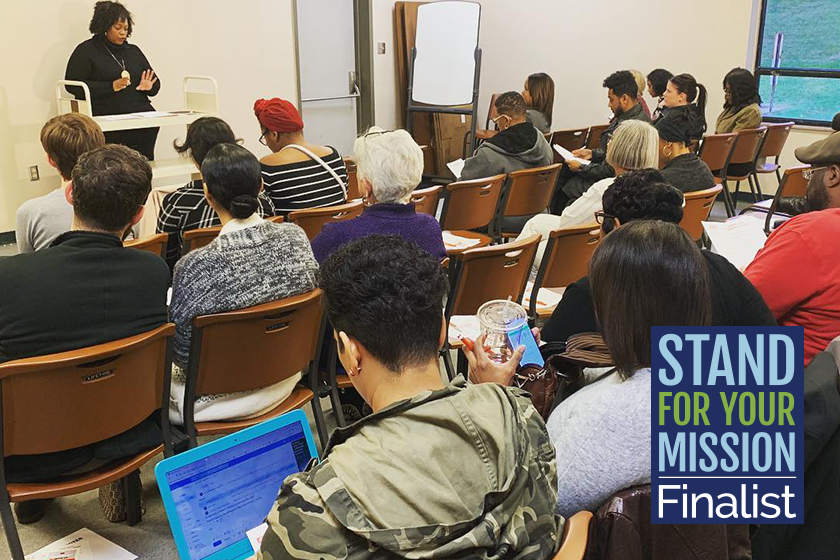
YWCA Dayton | Dayton, OH
YWCA Dayton was founded with advocacy as an important part of its mission, but in the 1980s, it ceased active advocacy programming. However, in 2017, thanks to an enhanced national focus on advocacy and a cohort of millennial local board members, YWCA Dayton re-established an advocacy committee of the board and set out to enact policies and reform systems to promote its mission of eliminating racism, empowering women, and promoting peace, justice, freedom, and dignity for all. And in 2018, the board made the decision to contract with a professional lobbyist to push for priority legislation and lead the Ohio Council of YWCAs to launch an advocacy committee and advocate for legislation and funding as a collective voice. The organization also helped support more than 22 bills in the2017-18 Ohio General Assembly, with seven of them successfully passing. YWCA Dayton has also become a critical resource for policy makers to consult when considering legislation related to its mission. In 2018 alone, YWCA staff and board held more than 30 meetings with public officials, including 12 tours of the organization’s building.
2018

ArtsFund | Seattle, WA
While advocacy has always been a pillar of its mission, ArtsFund was spurred to action in 2015 when the Washington State Legislature passed a bill allowing cities and counties to levy a tax in support of access to nonprofit arts, science, and heritage organizations. ArtsFund supported the bill’s passage for nearly a decade, and with its long-awaited approval came the opportunity to substantially increase funding for cultural organizations in its county should voters approve it by ballot initiative. To act on this opportunity, however, ArtsFund realized that it needed more focused board leadership and support around advocacy. In response, the board formed a board-led advocacy and policy committee, which enabled the organization to restore advocacy as a mission priority and expand its influence and impact. While the ballot initiative ultimately was defeated by a narrow margin, it energized the board and organization and was followed by a successful Seattle Mayoral Forum on Arts and Funding. Due to these efforts, ArtsFund is now considered a go-to counsel for policy decisions and viewed as a leader in Seattle’s cultural sector.
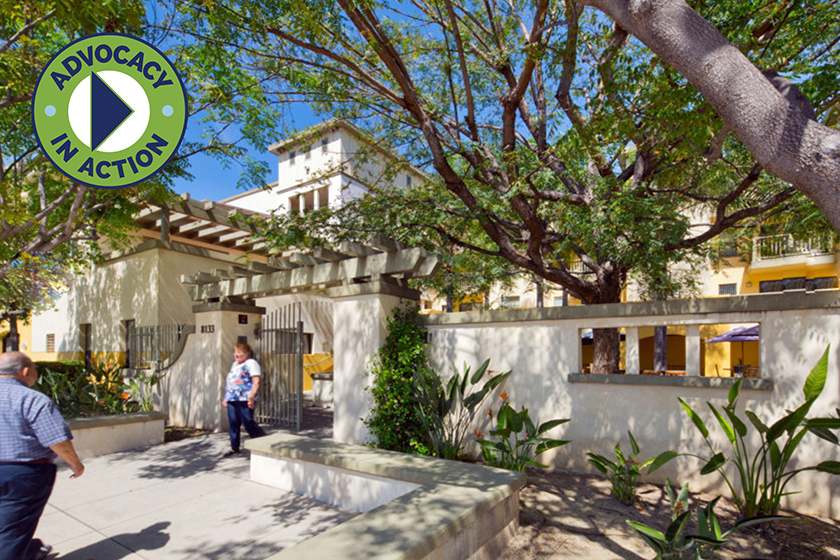
Abode Communities | Los Angeles, CA
The housing affordability crisis is very real in Los Angeles County, as the need for affordable housing has outpaced the production of new affordable homes for more than a decade. By 2012, there was a shortfall of almost 500,000 homes available to the county’s very low- and extremely low-income households. That is when Abode Communities, a nonprofit focused on affordable housing, decided it must commit more of its resources to policy and advocacy efforts to increase awareness of and bring much needed resources to the work of producing and preserving housing for low-income Angelinos. With the help of a fully engaged board — and, in particular, a board policy and advocacy plan — and in partnership with other trade and membership organizations, Abode Communities provided support to defeat a local ballot measure that would have halted the production of residential development in the City of Los Angeles; pass a statewide housing legislative packet aimed at the production of affordable housing in 2017, including the placement of a housing bond on the state ballot in 2018; and preserve key housing programs in the recent tax reform bill at the federal level.
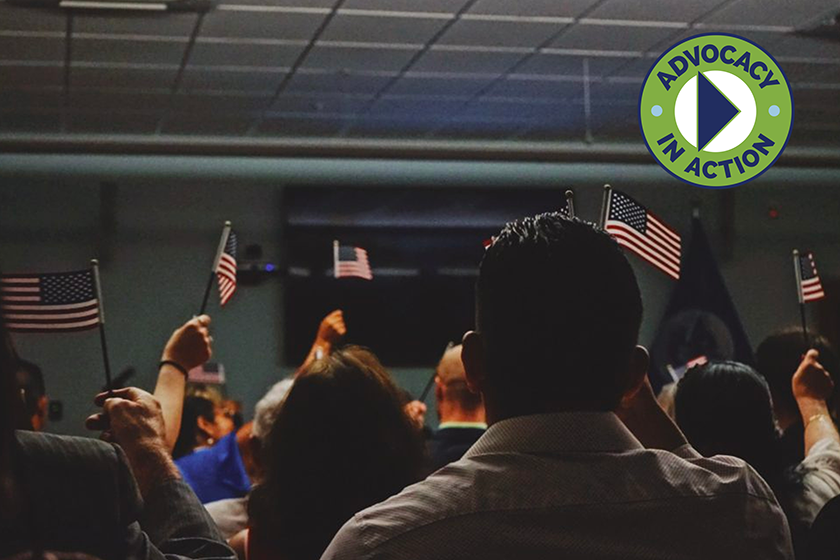
Catholic Legal Immigration Network, Inc (CLINIC) | Silver Spring, MD
The past year has brought dramatic shifts in the nation’s immigration policies and enforcement priorities. As a result, CLINIC — a nonprofit that has been protecting and promoting the dignity of immigrants for 30 years in partnership with 330 community-based agencies around the country — has increasingly relied on its board members to lead its advocacy efforts at the federal and local levels. By developing a template for coordinated strategies related to advocacy, making valued connections at the local and state levels, and leading delegations to Washington, DC, and Haiti, CLINIC’s board members have been able to make an impact when and where it is most needed by the organization and its constituents. Successes include the reversal of deportation orders, an extension of temporary protected status (TPS) for Haitian immigrants, and protecting the jobs of Haitian TPS holders.
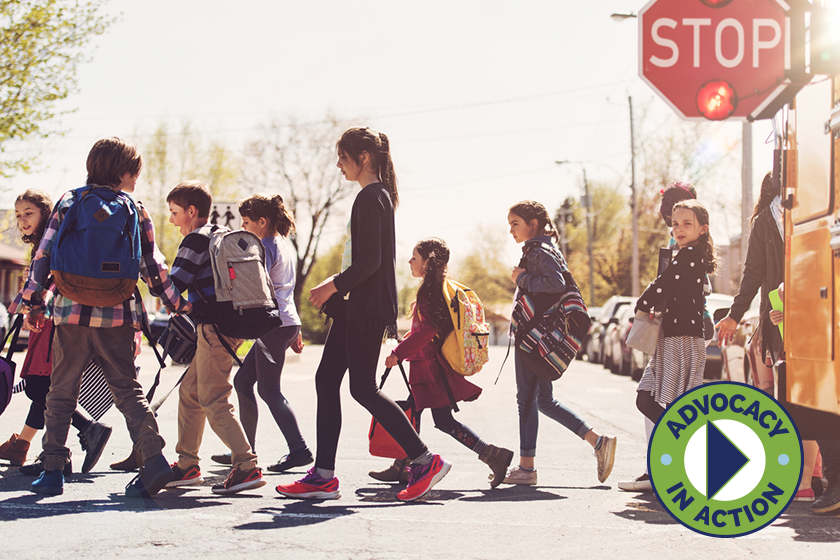
Children First/Communities In Schools of Buncombe County | North Carolina
The research is clear: There is a link between economic hardship and children’s future health and education success. This is why Children First/Communities In Schools of Buncombe County has engaged in policy advocacy since its founding. However, it was during a 2007 strategic planning process that the board committed to strengthening its commitment to advocacy by developing additional infrastructure and capacity for policy advocacy and decision making. The result is a renewed culture of advocacy in the organization over the past decade. Specifically, the board and organization invested in a fulltime advocacy staff member and has increased funding to sustain it, launched of a local initiative that engages other nonprofits in policy work, increased dollars available in its county for those utilizing the state’s child care subsidy program, passed legislation raising the age of adult sentencing in North Caroline to 18 years of age, changed city policies pertaining to affordable housing, increased local bus service hours and routes, expanded the county’s summer meals program, and more. By expanding access to meet basic needs, economic mobility, and healthy early years, Children First’s advocacy has enabled it to impact more lives than its direct services can reach.

Downtown Cleveland Alliance | Cleveland, OH
Advocacy has been an inherent part of Downtown Cleveland Alliance’s mission since day one, but as essential state and federal programs continued to be put on the chopping block, the board realized it needed to be more strategic about its advocacy. So it organized an advocacy committee. Composed of board members, government officials, and downtown stakeholders, the committee meets at least quarterly to strategize how to spread the Alliance’s message to the governing bodies responsible for the fate of programs essential to its mission and encourage its constituents to do the same. As a result, the Alliance has achieved several significant victories, including helping establish and protect the Ohio Historical Preservation Tax Credit. The Downtown Cleveland Alliance board has helped amplify the organization’s mission and strategy, and make a significant difference not only within the organization, but in the Downtown Cleveland community at large.

Indiana Afterschool Network | Indianapolis, IN
According to the Afterschool Alliance’s 2014 “Indiana After 3 PM Report,” only 11 percent of K-12 Indiana youth are participating in afterschool programs. Yet, 31 percent of parents of children not in afterschool would attend programs if they were available, affordable, and accessible. In spite of the urgent need for quality afterschool programs in Indiana, the state invests less than two million dollars in out-of-school time (OST). Due to this funding lapse, the Indiana Afterschool Network has prioritized strategic initiatives focused on seeking greater investment in OST programs by moving policy and cultivating champions, and improving program quality by strengthening programs and staff. As part of these strategies, the Network has been strategically and successfully building relationships and pursuing state legislation to increase the quality of and access to OST programs across the state of Indiana. Successes include the passage of a bill establishing the Indiana Out of School Learning Advisory Board, which is tasked with researching and advising on state-level afterschool funding, and highlighting the benefits of OST programs in the recently approved Indiana Every Student Succeed Act.

LGBT Center OC | Santa Ana, CA
In the 2015-2016 California Healthy Kids Survey, 10.3 percent of LGB youth and 21.2 percent of Trans youth in Orange County, California, reported feeling unsafe or very unsafe, compared to 4.1 percent of non-LGB and 4.3 percent of non-Trans youth. Persistent statistics like these over the course of the LGBT Center OC’s existence is why the center — with the full support and participation of its board — includes advocacy for a more equitable, welcoming, and culturally competent and accepting spaces for LGBTQ youth in schools as a central part of its mission and work. By sharing their personal mission-related stories and never wavering in their commitment to advocacy, board members have helped the organization stand up for LGBTQ youth in the past as well as now, when they are feeling less accepted than ever due to the recent turn to conservatism at the federal level of the government. To date, key successes have included changing policies and implementing staff training at several school districts in Orange County, acquiring the support of the Association of California School Administrators for a conference for school superintendents and administrators on LGBTQ youth, and training youth to become their own advocates.

Westchester Children’s Association | White Plains, NY
Until last spring, New York State was one of only two states that charged 16-year-olds as adults in the criminal justice system. Knowing that youth involved in this system are often denied supports and services that can help them learn from their mistakes and often become further disconnected from society as a result of incarceration, Westchester Children’s Association (WCA) set about to reduce the number of youth who were involved in the criminal justice system and raise the age at which young people are adjudicated in court. It committed to leading the charge in Westchester County and joined a statewide effort that resulted, in April 2017, in the New York state legislature voting to raise the age of criminality from 16 to 18. This legislative success would not have been possible without the connections, engagement, and passion of WCA’s board members, who consistently used their personal connections to make an impact where staff could not. And, as a result of these efforts, the board has raised WCA’s profile throughout New York state and Westchester County.
